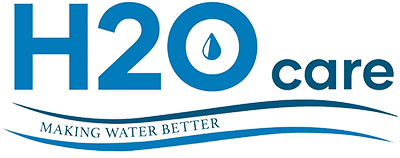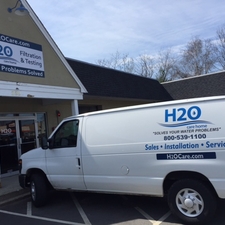As is the case with many wells and water supplies in Massachusetts, there are certain common contaminants that find their way into the water supply. Later in this write-up, specific contaminants that are commonly found in Topsfield private wells and town water are identified and effective filtration methods are covered. Excellent water quality is achievable with the proper approach.
For a copy of the Annual Water Quality Report for the town of Topsfield, see the link at Annual Report.
WATER TESTING
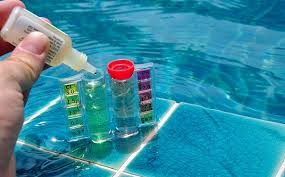
Water testing should be conducted by an EPA or Massachusetts state certified laboratory and should include analysis at least for the parameters in the table below. If you are uncertain as to how to take a proper sample and get it to a lab, you should contact a lab or water treatment professional for assistance. They can walk you through the steps required to complete this task. Typical items tested for are as follows:
| Coliform bacteria | pH |
| Arsenic | Radon |
| Chloride | Sodium |
| Iron | Sulfate |
| Lead | Conductivity |
| Manganese | Nitrogen-Nitrate |
COMMON CONTAMINANTS
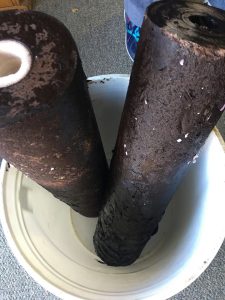
Particulate Manganese Filtered Out
Some common issues encountered in Topsfield, MA private wells are manganese (also found in the public water supply) and iron along with low pH and sometimes the health threats radon and arsenic making their way into the water. If the testing results for Radon exceed the current Massachusetts guideline of 10,000 pCi/L (Pico curries per liter) in water, the radon must be removed from the water and it is recommended testing the air for Radon as well. It should be noted that New Hampshire requires action if radon is only at 2,000 pCi/L. Maine and Rhode Island actionable levels are at 4,000 pCi/L. For more information on radon see the link at Radon in Water Article.The maximum allowable level of Arsenic in drinking water per the EPA is .01 mg/L (miligrams per liter) or 10 parts per billion. For more information on this see the link at Mass EPA Arsenic Info.
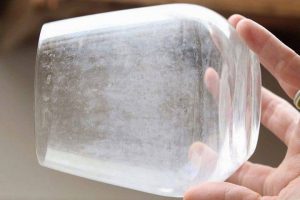
Hard Water Scale
Water Filtration / Water Softener Systems
Water filtration systems can be installed for the removal of any of the contaminants discussed above and more. Water softeners are typically installed to remove hard water minerals, dissolved iron and manganese in the water through a technology called Ion Exchange. Particulate iron or manganese (which you can see in the water) can be removed with a properly sized sediment filtration set up. Hydrogen Sulfide is evidenced typically by a rotten egg smell in your water, however this may also be caused by high Manganese levels in the water as well. A water filtration specifically for this problem is effective in correcting this. For more information on manganese in water, see the article at the following link http://www.watertechonline.com. For more information on Iron in Water, see the article link at http://www.watertechonline.com/iron-so-high.
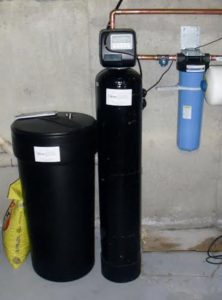
Water Softener with Sediment Filtration
Arsenic is removed with tanks containing a specific media that “grabs” the arsenic out of the water.
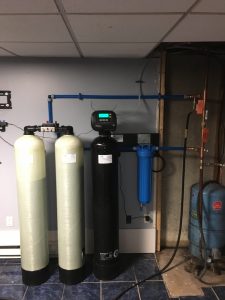
Twin Arsenic system with Ozone
Removing radon from water requires a system in which the water is agitated in a sealed chamber then vented to the outside, sending the radon gas to ambient air.
Any water filtration or water softener system recommendation should start with a water test before an informed decision can be made.
H2o Care, Inc. is an established, full service water testing and filtration systems installation and service organization formed in 1989. Offices in Middleton, MA off route 114 and Stow, MA. See our published articles in Water Technology Magazines at http://www.h2ocare.com/pub. Reach us at [email protected] or 978-777-8330.
